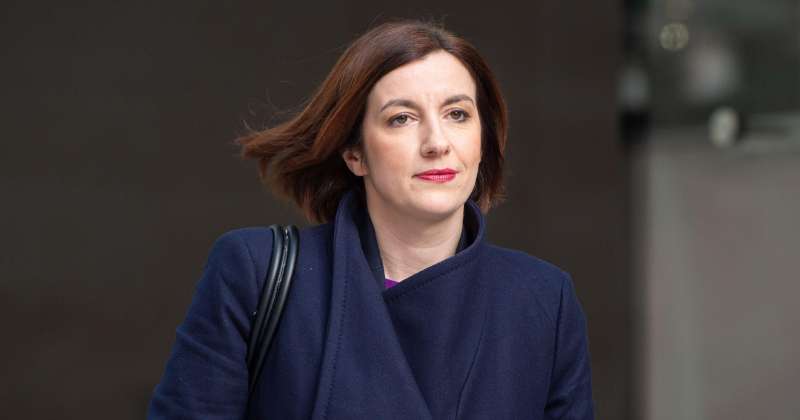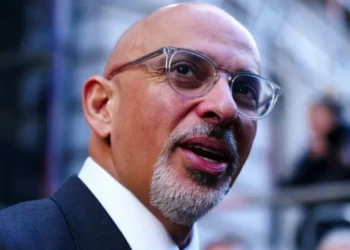Donald Trump was right to bring Russia to the negotiating table over the Ukraine war, the UK’s education secretary has said, as Prime Minister Keir Starmer prepares for high-stakes talks in Washington.
Bridget Phillipson defended the US president’s decision to engage directly with Vladimir Putin to negotiate peace but insisted that “there can be no settlement” without Ukraine’s involvement.
When asked whether the UK government supported Mr. Trump’s initiative, Ms. Phillipson responded, “It will require negotiation with the Russians through part of the settlement, so I do think that is the right approach.” She emphasized, however, that Ukraine must be part of any final agreement.
“President Trump has brought the Russians to the table, but any lasting settlement when it comes to peace does require Ukrainian voices, President Zelensky’s voice, to be a part of that.”
Bridget Phillipson
Her remarks come as Mr. Starmer prepares to meet Mr. Trump this week, to address growing tensions between Europe and the US over support for Ukrainian President Volodymyr Zelensky.
Meanwhile, Britain is set to launch a “triple whammy” of measures against Russia on Monday, marking the third anniversary of Putin’s invasion. These measures will include fresh sanctions, increased military aid, and a crackdown on Russian assets in the UK.
Ms. Phillipson downplayed the significance of Starmer’s visit following those of French President Emmanuel Macron and Polish leaders. Addressing concerns about the timing, she told Sky’s Sunday Morning With Trevor Phillips: “I don’t think that really matters.”
“I think what we know is that President Trump really values the relationship with this country. We value the relationship… and this week, out of the US, the prime minister will be setting out how we will back a negotiated settlement that we want to secure.”
Bridget Phillipson
She emphasized that the UK remains committed to strengthening ties with Washington.
The education secretary also addressed questions on why the UK government has not directly condemned Mr. Trump’s controversial remark calling Mr. Zelensky a “dictator.”
“The prime minister has set out the position of the UK government, which is that we recognize President Zelensky was elected by the Ukrainian people.”
“We think he’s doing a tremendous job in the face of terrible Russian aggression that his nation has faced, and it is of course right that in a period of war elections don’t take place.”
Bridget Phillipson
Defence Spending and State Visit Talks
During his Washington visit, Keir Starmer is also expected to outline a timeline to increase the UK’s defense spending from 2.3 to 2.5 percent of GDP. The UK’s response comes amid mounting pressure from Washington for European nations to contribute more to their own defense.

When asked whether the UK would commit to significantly higher defense spending, Ms. Phillipson confirmed: “We will be spending much more on defense, and our allies need to step up alongside that.” She added that reaching 2.5 percent of GDP is “ambitious” and criticized previous Conservative government policies for leaving public finances in a “devastating state.”
“We will get there, but it is ambitious, and this is also in the context of the public finances which, let’s be honest, were left in a devastating state by the Conservatives — a £22 billion black hole, no credible plan for this nonsense that they claim around how they were going to reach 2.5 percent.”
Shadow defense secretary James Cartlidge backed Starmer’s approach but suggested that funding might need to be reallocated from the Civil Service to meet defense commitments.
However, former foreign secretary Lord William Hague has warned that Mr. Trump may be making a “historic mistake” by sidelining Ukraine in peace discussions. The concern echoes broader fears among European leaders that Washington’s shifting stance on Ukraine could weaken the transatlantic alliance.
As diplomatic tensions continue to rise, Starmer’s meeting with Mr. Trump is expected to be pivotal in determining the future of UK-US relations and Britain’s role in European security.
READ ALSO: ECG Procurement Scandal: Prof. Asare Demands Accountability























